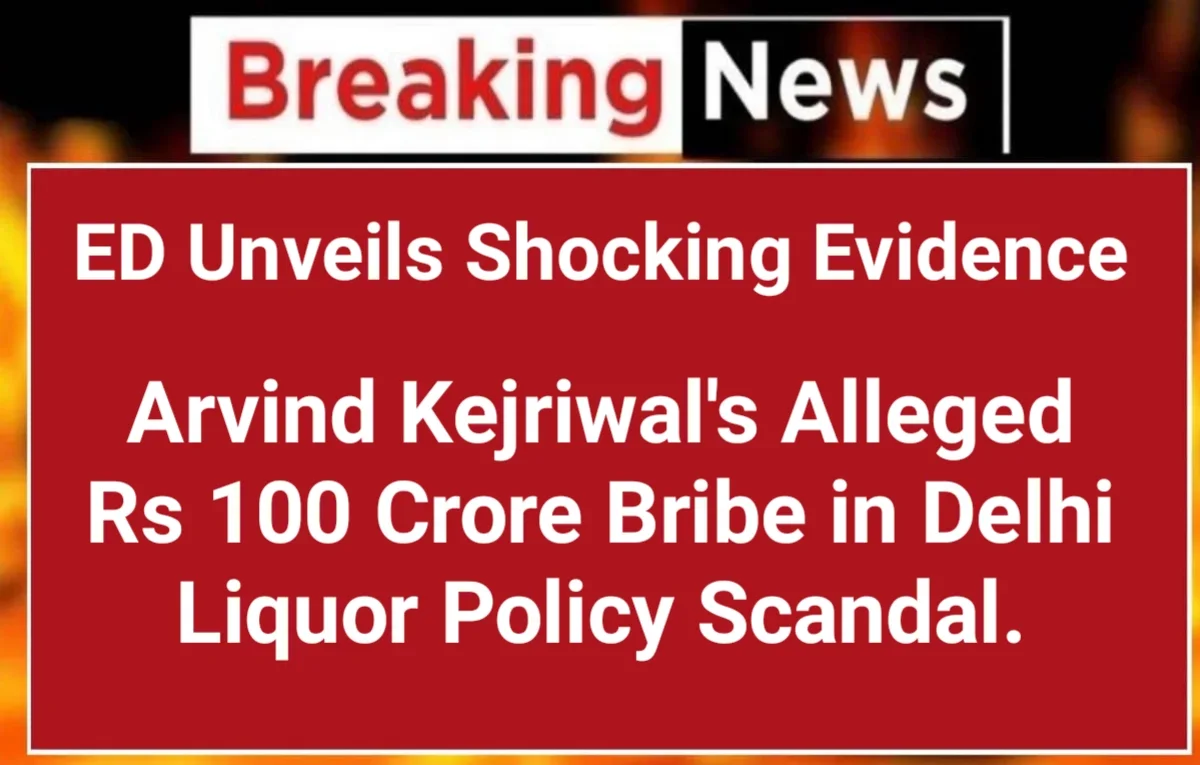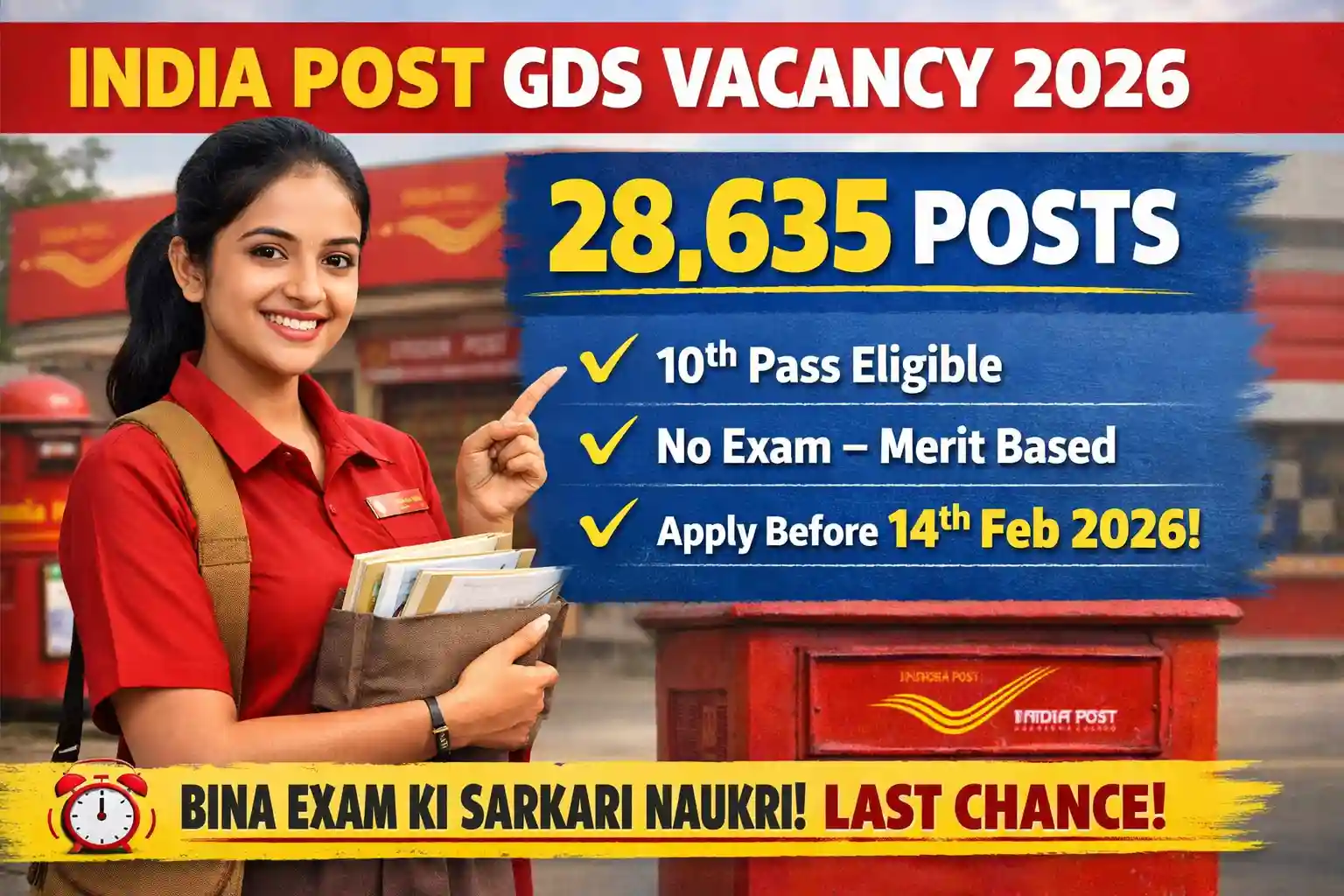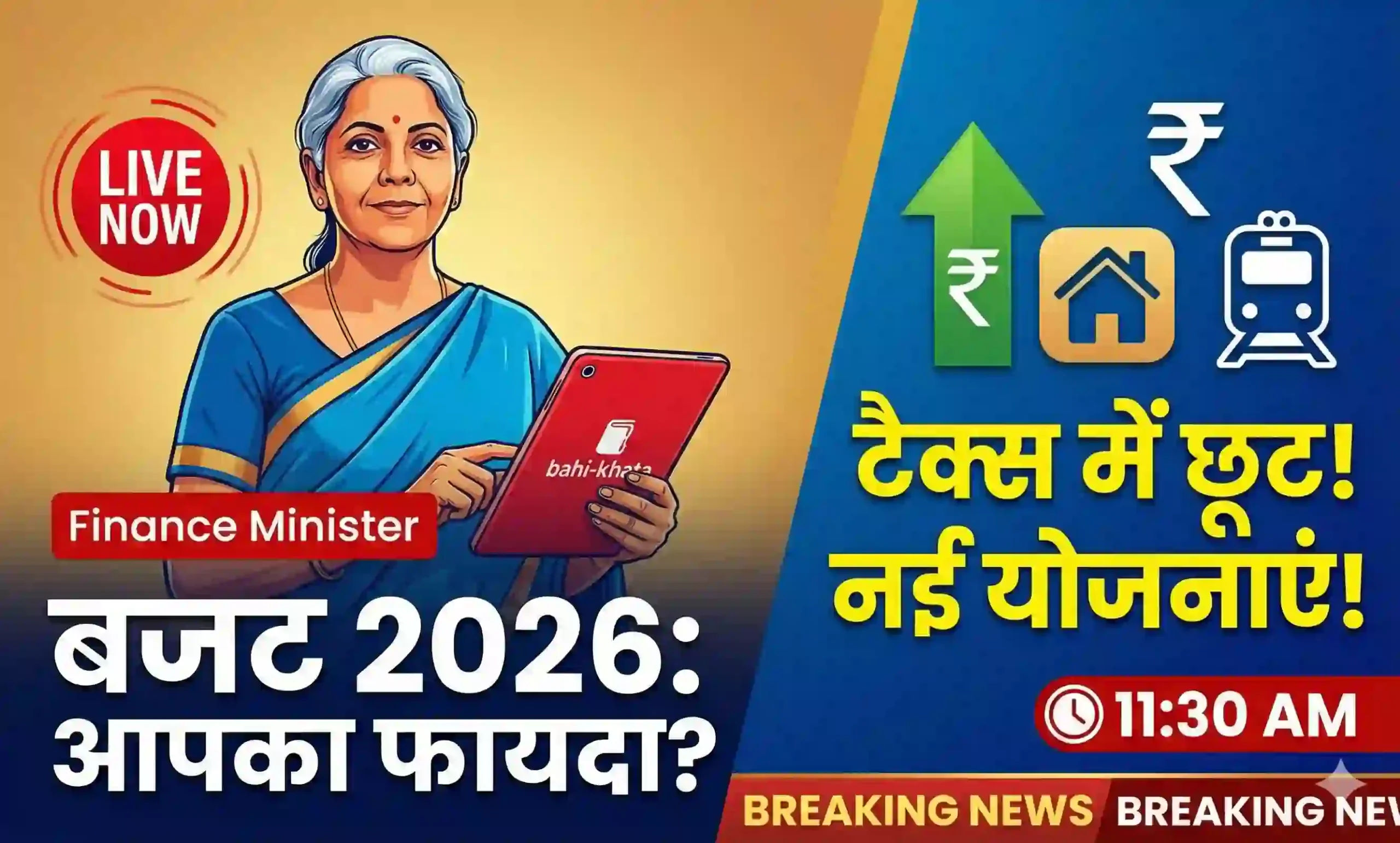|
Getting your Trinity Audio player ready... |
Discover the latest updates on the Enforcement Directorate’s evidence against Delhi CM Arvind Kejriwal in the Rs 100 crore bribe scandal linked to the Delhi liquor policy. Get detailed insights into the ongoing legal battle and political implications
ED Unveils Allegations: Arvind Kejriwal and the Rs 100 Crore Bribe in Delhi Liquor Policy Case
In a recent judicial hearing that has captured national attention, the Enforcement Directorate (ED) presented compelling evidence implicating Delhi Chief Minister Arvind Kejriwal in a significant bribery scandal. The allegations pertain to the controversial Delhi liquor policy case, where Kejriwal is accused of demanding a Rs 100 crore bribe.
Judicial Proceedings Extend Kejriwal’s Custody
On Wednesday, the Rouse Avenue Court in Delhi extended Kejriwal’s judicial custody until July 3. The session addressed Kejriwal’s plea for regular bail amid rising tensions and political intrigue. During this hearing, the ED’s revelations added a new dimension to the ongoing legal battle.
Evidence and Accusations
Additional Solicitor General SV Raju, representing the ED, disclosed that the agency had collected substantial evidence of Kejriwal’s alleged demand for a Rs 100 crore bribe. This evidence is crucial to the money laundering case linked to the Delhi liquor policy. Raju emphasized that the court had recognized the severity of the money laundering charges, as evidenced by the denial of bail to other co-accused, including former Delhi minister Manish Sisodia.
Raju stated, “The court’s acknowledgment of money laundering indicates a prima facie case against Kejriwal. The CBI investigation unearthed that Kejriwal demanded a bribe of Rs 100 crore. We gathered this evidence prior to his arrest.”
The Defense’s Standpoint
Kejriwal’s legal team, led by advocate Vikram Chaudhary, argued vigorously against the allegations. Chaudhary highlighted that Kejriwal had not been named in any chargesheet filed under the Prevention of Money Laundering Act (PMLA). He asserted, “Even the FIR registered by the CBI does not list Kejriwal as an accused.”
Chaudhary criticized the ED’s reliance on statements from previously arrested witnesses, who he claimed were promised bail in exchange for their testimonies. “These individuals were incentivized to provide statements against Kejriwal. Their credibility is highly questionable. This case, originating in August 2022, saw Kejriwal’s arrest in March 2024, suspiciously close to the election period, suggesting potential political motives.”
Political Implications and Public Reaction
The case has ignited a political storm, with supporters and detractors of Kejriwal voicing strong opinions. The timing of the arrest has raised eyebrows, with many speculating about the political undercurrents influencing the legal proceedings. As the investigation unfolds, the public and political analysts are keenly watching for further developments.
Conclusion
The Delhi liquor policy case continues to evolve, with the Enforcement Directorate‘s allegations against Arvind Kejriwal bringing significant ramifications for Delhi’s political landscape. The judicial process will determine the veracity of these claims, but the case has undeniably cast a spotlight on issues of corruption and accountability within the Indian political framework.
For more updates on this developing story, stay tuned as we follow the proceedings closely.
This post is for informational purposes only.Invest responsibly.No guarantees of results. Seek professional guidance before investing.Consult experts for personalized advice. Please note that I am not a SEBI registered investment advisor. The information provided in this article is for informational and educational purposes only and should not be construed as financial advice. Always consult with a qualified and SEBI registered financial professional before making any investment decisions.Follows Google policies.Not affiliated with Investopedia.com. investopedia.co.in Independent site.









